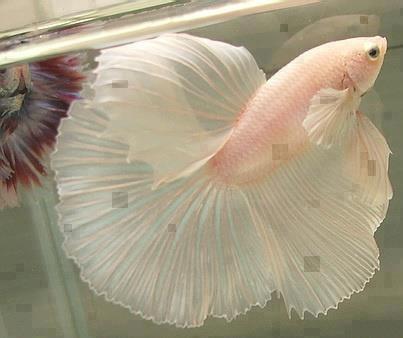
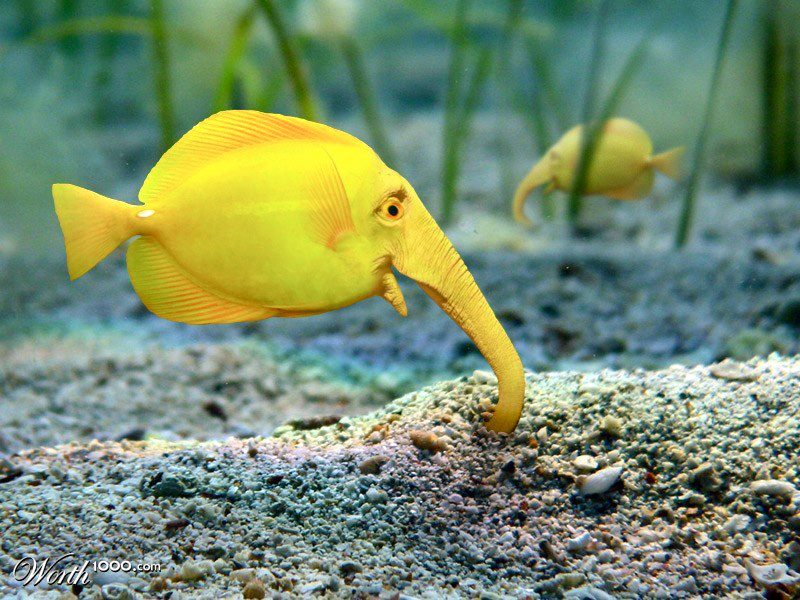
Because they are so swift
They catch many fish
Just so smart to swish
It's all just as they wish.

sharks feeding
THE SHARK'S FIN.
I WAS once sailing on the broad Pacific. One day, when the sea was very calm, I
looked out upon the water on the Mexican coast, and saw what seemed to be a long,
sharp, pointed knife, rising above the surface and cutting the water, while it kept along with the ship for an hour or more.
On looking narrowly, I saw that it was a fin rising from a shark's back.
This creature was following us, ready to catch any one who might fall overboard.
It was very large, and had cold, murderous eyes. Thus it was gliding noiselessly along, watching for a chance to do some awful work of blood.
So, thought I, that great enemy of souls, Satan, follows men, hoping to seize them
in some unguarded moment, and drag them down to destruction. He is in the waters of sin; however pleasant they may seem, it is dangerous to try them. There is no safety, only as one keeps on the good, stanch ship of Christian integrity.
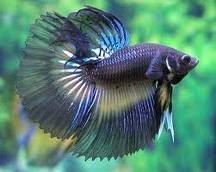
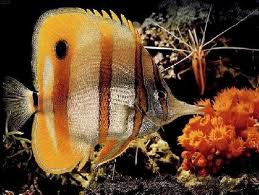
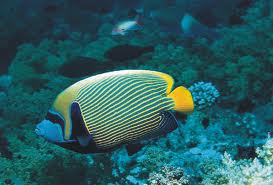
"Easy Steps for Little Feet"
"If you could walk along the bottom of the sea, you would find there many wonderful and beautiful things. There are ocean flowers of many colours. One is a living animal. They are fastened to the rocks, and do not move, but they have little mouths that open and take in their food.
There are also the red, white, and pink coral plants, which grow in stiff bushes under the sea. These are built up by the tiny "coral insects." Sparkling little red, blue, green, and silver fish play among the coral blossoms like butterflies or birds among the flowers of earth.
Down in the deep sea it is very dark; but some of the fishes carry "electric lights." The Torch Fish has a little lamp in his head, that lights up the water round about.
Sometimes the waves wash up on the sea-beach some of the beautiful, coloured shells and sea-weed from the ocean depths.
"O Lord, how manifold are Thy works! in wisdom hast Thou made them all. The earth is full of Thy riches. So is this great and wide sea, wherein are things creeping innumerable, both small and great beast." The largest and smallest of living things are found in the sea,-creatures so small that they cannot be seen, and great whales that weigh as much as an army of 3,000 men."
May 8, 1902 EJW, PTUK 299

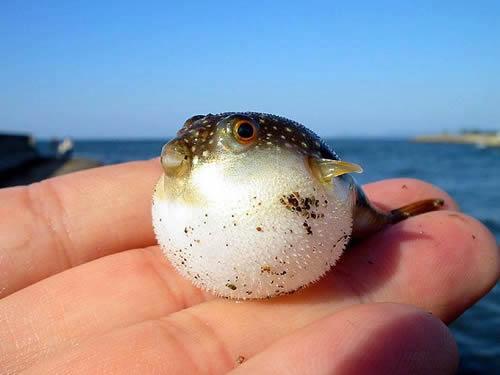
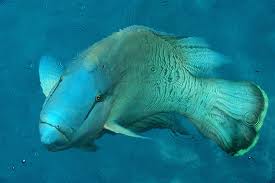
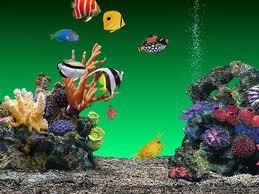
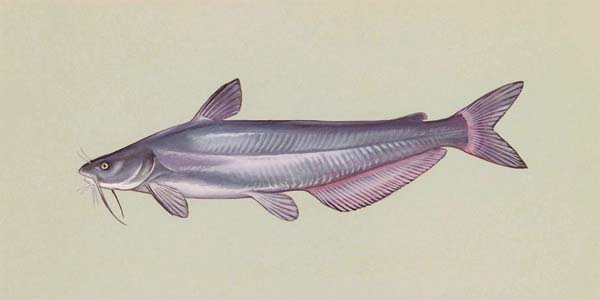
IT is said that there are fish, which are provided with places in their bodies, in which, they lay up sufficient water to moisten their gills when the rivers or the ponds, on which they depend, are dried up, as is often the case in tropical regions.
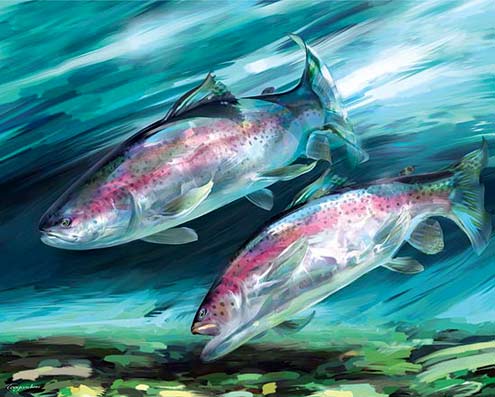
trout
ARMED FISHES.
NOT fish with arms, but armed fish.
There is the Sword-fish, which carries a
weapon powerful enough to pierce through
the bottom of a ship; the Saw-fish, with a
long snout set upon each side with sharp
spikes; fishes that carry daggers, and
others furnished with sharp spears. The
Shark has a terrible pair of shears that
can easily cut a man in two at one blow,
and the Thresher has a tail curved like the
blade of a scythe, which is a most dreadful
weapon.
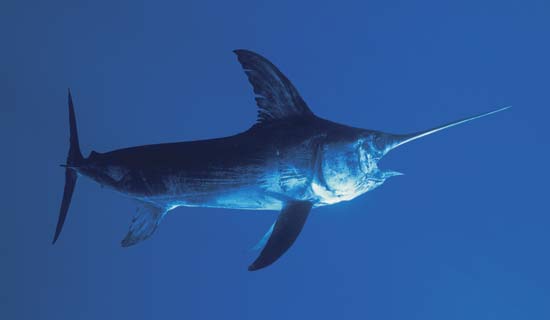
Swordfish
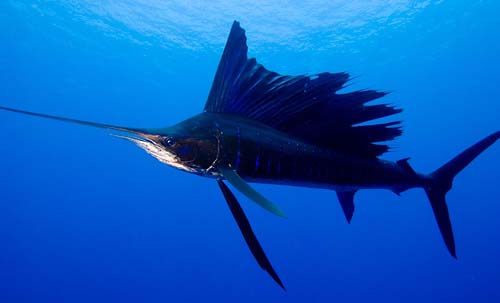
Sailfish
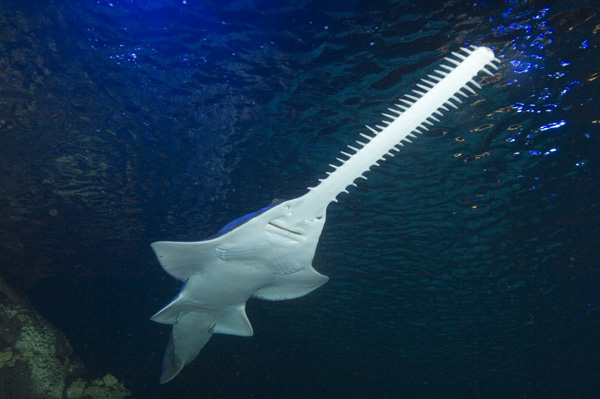
Saw Fish
Cod Fish
COD-FISHERIES.
THE morning of the fourth day of our voyage finds us nearly over the Newfoundland Banks. These great banks, on the south-east of the island, are the most extensive submarine elevation known to exist in any ocean, being six hundred miles long by two hundred miles wide. The whole bank appears to be a mass of solid rock with abrupt descents, which deepen suddenly from one hundred and fifty to five hundred and seventy feet below the level of the sea. There is, also, what is called the outer bank, which seems to be a continuation of the great bank at a lower elevation. This outer bank is one of the greatest fishing places in the world, and the catching and curing of cod-fish is the principal employment of the inhabitants of Newfoundland.
As our steamer is out of sight of land} we have no opportunity to see the arrangements for catching and curing the cod. In the spring of 1863, I witnessed this interesting process on Block Island, thirty miles from Newport, Rhode Island. Thirty small sail-boats, called fishing-smacks, left the harbor at 3 A. M., and by sunrise they were out twelve miles east of the island, and over one of these fishing banks. From each boat they let down a large stone or piece of iron for an anchor, to which was attached a rope about one hundred and fifty feet in length. When the stone touched the bottom, the rope was made fast, and thus the boat was held in position. A fishing line was then let down by a reel placed over the bow of the boat. Near the end of this were attached five or six short lines with hooks baited with pieces of fresh herring. As the fish feed on a sea growth upon these banks, they soon discover this bait neat them, and "bite." The hooks are then drawn up, and very seldom without a fish upon each hook.
Generally, two hours is long enough to secure a full load. The men then return to the harbor and unload their fish, which are immediately cleaned near the sea-side. They are then taken into small huts near by, and salted down in casks. They are allowed to remain in these casks some three or four weeks, after which they are taken out, dried in the sun, and packed in boxes for the market.
By 4 o'clock P. M. the fish were all out of sight, the little "smacks" made fast, and
the fishermen gone to bed to secure their sleep so as to be off the next morning early
to the fishing grounds. Cod-fish feed early in the morning, and seldom "bite" at a hook after noon.
But while we have been conversing on cod-fishing and fishing banks, the captain and mate have made the noon observation and calculation. Since yesterday we have sailed three hundred miles. This is good, and we do not expect to exceed this any day. We are now eleven hundred and forty-six miles from New York, and just leaving the Banks. Our ship's course is a little more easterly, and we are rapidly nearing the deepest waters of the Atlantic.
J. N. L.